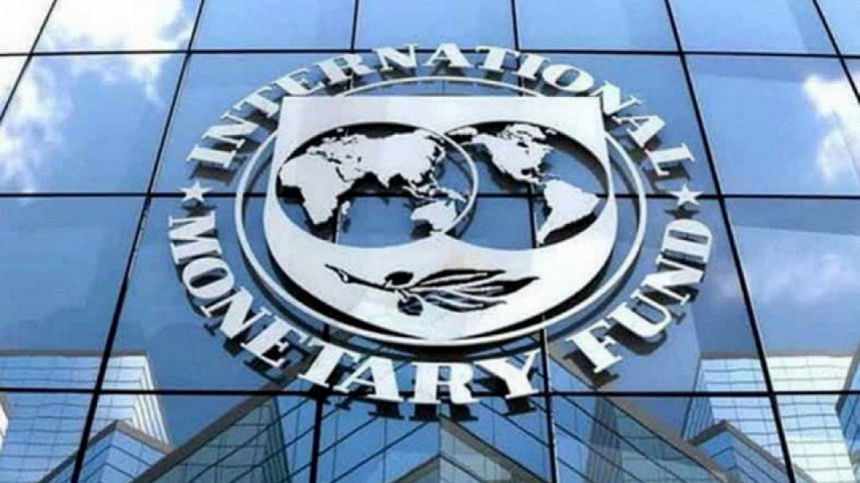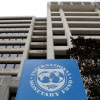IMF inquires about discrepancy in RMG export proceeds

A visiting International Monetary Fund (IMF) delegation yesterday sought to know from garment manufacturers why some exports from Bangladesh over the past 10 to 15 years did not see the subsequent return of proceeds.
The mismatch is of $3 billion, informed the delegation in recent meetings with different ministries and Bangladesh Bank.
However, no particular figure was mentioned by the delegation in yesterday's meeting with the Bangladesh Garment Manufacturers and Exporters Association (BGMEA) at its Dhaka office, BGMEA President Faruque Hassan told The Daily Star afterwards.
The gap has led different quarters to raise questions over whether money laundering was taking place, he quoted the delegation as saying.
The delegation also wanted to know of problems faced when making exports.
They inquired whether opening of letters of credit was being restricted for the gradual depletion of the country's foreign currency reserves, specifically of US dollars, partially for the repayment of foreign loans by the government.
There was $21.07 billion in the reserves as of October 11, states Bangladesh Bank. The highest on record was $48 billion in August 2021.
They also wanted to know whether the devaluation of the local currency, taka, against the US dollar is leading to a competitive edge globally, BGMEA President Faruque Hassan told The Daily Star after the meeting.
The taka has been devalued by 28 percent over the last one year because of domestic and international economic volatility stemming from the pandemic's fallouts and the Russia-Ukraine war.
The IMF delegation, led by Rahul Anand, mission chief for Bangladesh, arrived in Dhaka on October 4 to discuss the terms of a $4.5 billion loan.
The team is scheduled to leave Bangladesh on October 19 after a series of meetings on the release of a second tranche of the loan which is expected to be released next month.
There are many instances of export proceeds arriving late for delayed payments by international retailers and brands, Hassan said to have responded to the delegation.
Sometimes deferral payments of 120 days or even more were sought, including during the pandemic when the global supply chain experienced a very volatile situation, he said.
Sometimes, companies go bankrupt or shareholders engage in legal tussles and sometimes they demand discounts or cancel orders for reasons such as delayed shipments, lack of quality and non-compliance, he said.
Such scenarios can also lead to payments against exports not being made at all, he said, highlighting that payment delays bar exporters from repaying bank loan instalments.
Regarding opening LCs, Hassan said to have informed that there were facing no issues as the exports were bringing in US dollars which were replenishing the reserves.
The devaluation of the taka was favouring businesses, he added.
However, there are delays in getting customs clearances, including over bonded warehouse facilities, he said.

 For all latest news, follow The Daily Star's Google News channel.
For all latest news, follow The Daily Star's Google News channel. 







Comments